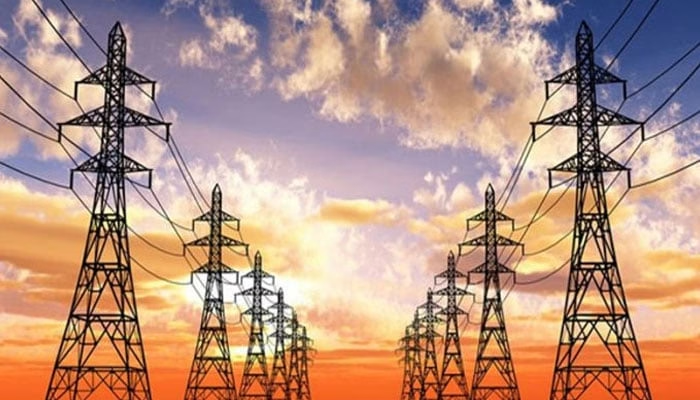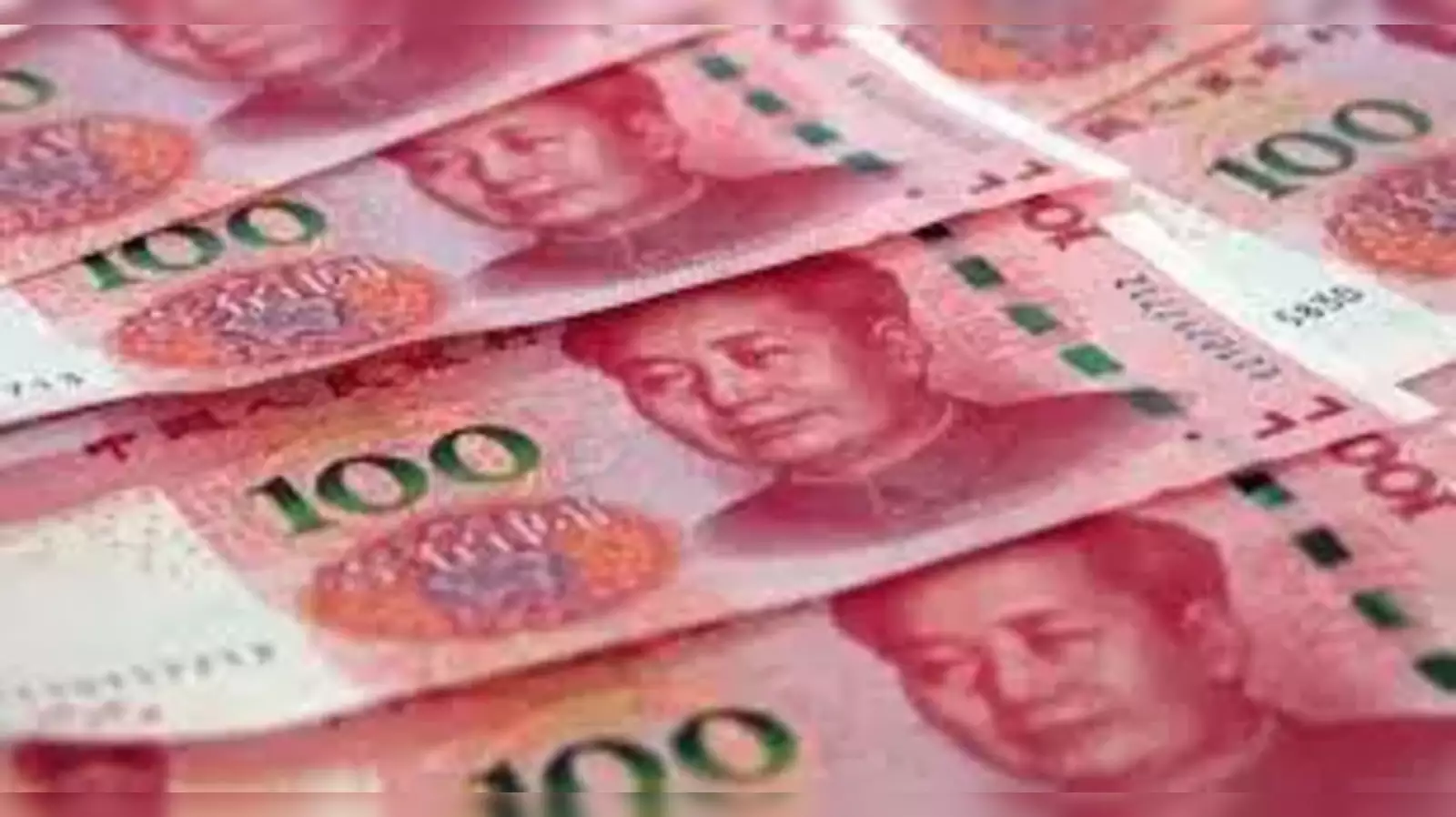The Power Division has officially dismissed recent reports suggesting that the government plans to terminate contracts with six more Independent Power Producers (IPPs). In a statement, the division clarified that no steps have been taken toward such actions, and the public will be informed through credible sources if any developments occur.
Government Denies Termination Plans
Contrary to earlier reports, the Power Division assured that the government has not initiated any process to terminate power purchase agreements with additional IPPs. The Government of Pakistan has not made any progress in this regard, the division stated, urging the public to rely on official channels for accurate information.
This clarification comes amid widespread speculation that terminating these contracts could potentially save the government billions of rupees and reduce electricity tariffs.
Earlier Reports on Contract Termination
Sources had previously claimed that the federal government was considering ending power purchase agreements with six IPPs producing a combined 2,396 MW of electricity. These terminations were expected to yield significant savings, with estimates suggesting a reduction of up to Rs300 billion in expenses.
Additionally, sources highlighted that the government has already terminated agreements with 13 IPPs. This includes eight private power plants powered by bagasse, a byproduct of sugarcane processing, signaling a shift toward cost-effective energy solutions.
Impact on Electricity Tariffs
Reports also indicated that canceling contracts with more IPPs could lead to a decrease in electricity tariffs, providing much-needed relief to consumers facing high energy costs. However, these claims remain unverified, and the Power Division has not confirmed any such plans.
Prime Minister’s Task Force on IPPs
In an effort to address the challenges posed by costly power purchase agreements, the Prime Minister has established a task force to negotiate with IPPs. The task force aims to find mutually beneficial solutions to reduce the financial burden on the government while maintaining a stable energy supply.
This initiative aligns with the government’s broader strategy to reform the energy sector and tackle issues like circular debt and inefficient power generation.
The Broader Context: Energy Sector Challenges
Pakistan’s energy sector has long struggled with inefficiencies, overcapacity, and high costs. Independent Power Producers, while critical for meeting the country’s energy demands, have been a significant contributor to rising electricity tariffs due to expensive long-term contracts.
In recent years, the government has renegotiated agreements with several IPPs to lower capacity payments and reduce financial strain. However, further terminations or renegotiations are often met with resistance, given the legal complexities and potential impact on investor confidence.
The Way Forward
While the government continues to explore ways to optimize the energy sector, transparency and clear communication are essential to avoid misinformation. Any decision regarding IPPs must balance cost savings with ensuring a reliable power supply and maintaining investor trust.
The Power Division’s denial of recent reports underscores the importance of relying on credible sources for updates on such critical matters. As reforms in the energy sector progress, the public and stakeholders will closely watch for official announcements and their implications on tariffs and energy reliability.
This development reflects the ongoing challenges in managing Pakistan’s energy sector and the government’s efforts to create a more sustainable and cost-effective power generation system.



